One aspect of Turkish Nationalism that has long intrigued me is its historical tendency to shy away from Ottoman nostalgia. This has melted away during the past several years, as observed with the rise of Recep Tayyip Erdogan, a man who combines Turkish Nationalism with a deep appreciation of Turkey’s Ottoman past. Additionally, there has always been an element of Turkish Nationalists who viewed the Ottoman period in positive terms; however, the fact that this has been such a late development, only becoming mainstream as the Ottoman Empire faded within living memory, warrants some research. After all, for most nations that have strong imperial backgrounds, their respective nationalists view their own empires in almost hagiographic terms. A British Nationalist will vigorously defend the Victorian era and a Spanish Nationalist will almost assuredly look positively at the “Golden Century.” An Italian Nationalist will adore the Roman Empire, while a French Nationalists will deeply admire the France of Napoleon. Perhaps the strangest case of this trend is the (rightwing) Russian Nationalists that defend the Soviet Union. It makes little sense until one realizes that they are not defending the ideas of Karl Marx, but rather this is motivated by nostalgia for a time when Russia was one of the most powerful nations on earth. Conversely, Turkish Nationalism, at least until fairly recently, was an awkward outlier, as their appreciation for the Ottoman Empire was much more somber.
Originally, I thought this was merely disgust for how weak the Ottoman Empire became – the “Sick Man of Europe” – a nation that was kept alive for far longer than it had any real right to, because the other European powers feared Russia becoming a Mediterranean power. And while this was a factor, further research has shown that this rationale goes deeper into the structure of Ottoman society. In short, the Ottoman Empire was, in reality, barely Turkish and the Turks themselves had very little entrenched love for it. To understand this, we first must understand the three major ethnic groups of Islamic civilization – the Arabs, the Persians, and the Turks – and how each were viewed within their civilization. The Arabs were the nation of Muhammad, the people who spread Islam all over the world. Their language was the language of the Koran, and they were celebrated for their skills in poetry. The Persians were the inheritors of a millennia old civilization, well pre-dating Islam, and the intellectual heart of Islamic civilization. But, the Turks were none of these things. The Arabs and Persians largely saw them as uncultured brutes and effective on the battlefield, but not much else.
The Ottoman royal family internalized this disdain from the Arabs and Persians. As they built their empire, the Ottoman ruling family tried to de-Turkify their own nation. They attempted to impose Arabic script on the Turkish language, even as the limitations of Arabic script in capturing the particularities of the Turkish language made writing a cumbersome chore. Moreover, non-Turks held prominent positions in Ottoman society. The Greeks were the merchants, Slavs made up the military elite, Persians were the intellectuals, and Arabs were the men of literature. Even more striking is that, thanks to the sultans’ desires for non-Turkish (primarily Slavic) wives, the House of Osman ceased to be genetically Turkish after a few generations. The Turks, more or less, had been reduced to a peasant class in what was supposed to be a Turkish empire.
Within the United States, Dixians have become what the Turks were in the Ottoman Empire. The Dixian influence on the history of the United States is easy enough to spot. The early Republic is certainly a testament to this – the War for Independence and the Constitution would be unthinkable without the likes of Washington, Jefferson, or Madison. Four of the first five presidents were Southerners, leading to Virginia having the moniker “The Mother of Presidents” bestowed upon her. Even after this initial period, Dixians have long been prominent influencers on the United States, especially in the fields of the military, music, and religion. But much as the Turks soon found themselves as a peasant class in an empire they founded, Dixians face this same horror. Just as the Ottomans tried to distance themselves from their Turkish roots, so has the United States done with its Southern heritage. Dixians are thus to be removed from the military and replaced with other people. The impact of Dixians on the history of the United States is to be either forgotten or relegated to simply “racism.” Monuments to the great Dixians of the past are to be torn down. All this is a sign of a nation that deeply hates one of its foundational stock, and as part of that foundational stock, we no longer have any place in it. And, must go our own way.
There are many reasons for the decline of the Ottoman Empire. As with other empires, the seeds of this decline are found in the golden age. In the case of the Ottoman Empire, a key reason for its decline was due to its own shame of its Turkish past. It turned to other nations, provided they were Muslims, into favored classes, while relegating the Turks to the peasantry. When this finally caught up with them, the Ottomans entered a deep decline. There was no sense of loyalty to the Ottoman Empire. Non-Turks still viewed themselves as Arabs, Persians, Slavs, etc. and sided with those calls for independence, while the Turks saw no reason to vigorously defend an empire that held them in contempt. It is no wonder that during the Empire’s last days, the Turks were proud of the Young Turks, and even more so to Ataturk, than their own sultan.
The United States, by attempting to de-Dixiefy itself, will soon find itself in the same predicament as the Ottoman sultans. The American Empire has a deep hatred for Southerners. As a result, Dixians, much like the Turks of the Ottoman Empire, have no reason to invest in the survival of the United States. All of this was done to gain the support of non-Americans and non-Southerners, a foreign people who will inevitably fall back on their actual ethnic ties sooner or later. The attempt to create a new, non-Dixian ruling class for our land, made up largely of Yankees and Indians, will backfire. Like the Turks and Ataturk, who were able to pick up the pieces of their collapse, we must do the same for Dixie.
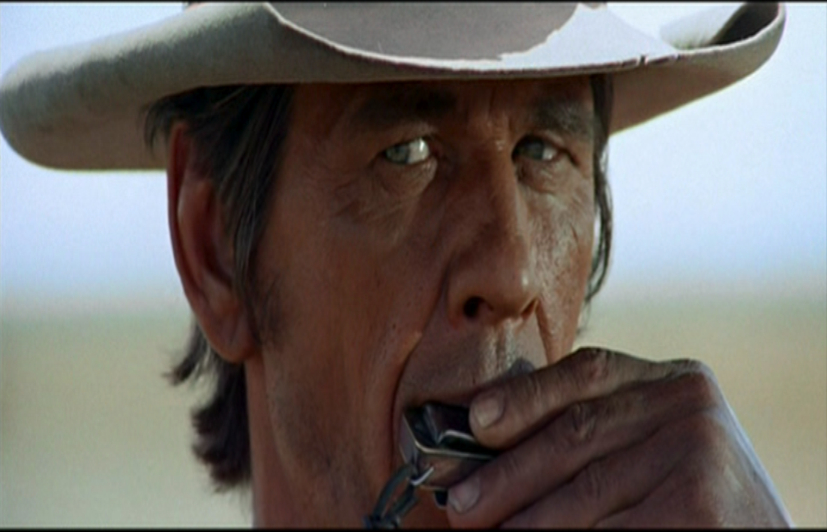

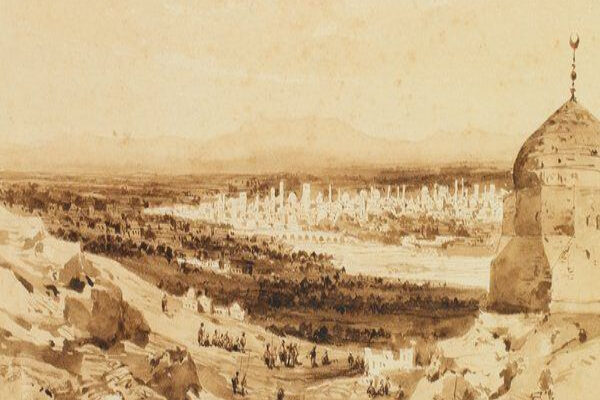
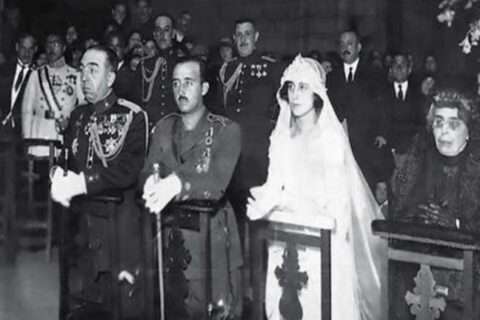
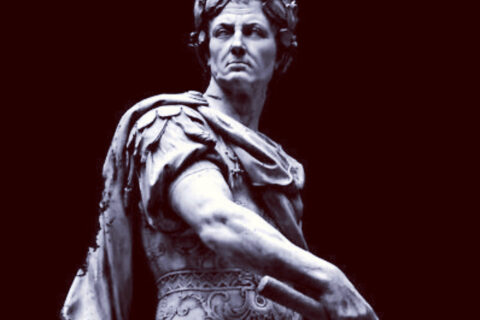
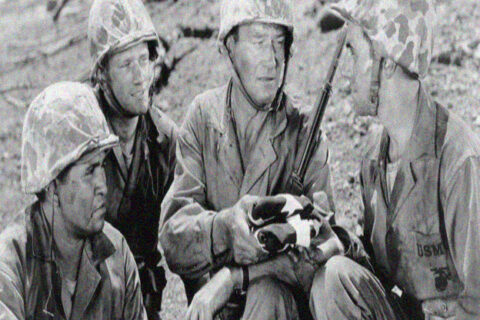
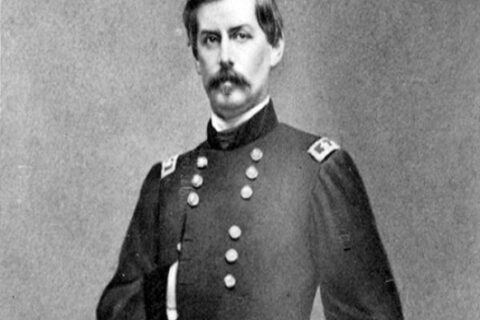
Southerners should cease serving as janissaries for globohomo and endeavor to become as free from the U.S. Government and the U.N. as possible. We would be better served by learning skills and working in trades which benefit the counties where we live. We should also buy from local businesses whenever possible and segregate as much as the law will allow. Let the alien savages kill each other off and destroy their cities through intersectional conflicts and black violent crime.
I did not think I’d learn anything interesting pertaining to Turkey and the Ottoman Empire when I got up this morning. Oh how wrong I was
I would point out Kemal Ataturk did not try to reestablish the Ottoman Empire. He wanted only those regions that were still Turkish. In other words, he preferred a smaller more ethnically homogeneous nation than a large heterogeneous empire. Political devolution in other words. Southlanders could learn a lot from Kemal Ataturk. I had to do a major report on him in college and I wish I knew where that report was now!
Well done article, Harmonica.
In regards to this:
“Dixians have become what the Turks were in the Ottoman Empire”
I hadn’t considered this angle before. But the parallels are striking. Will need to sit on this one for a while.
As Feric mentioned, maybe there is a thing or two we can learn from Ataturk.